 The School of Education is launching the Climate Justice Challenge 2022 and we want you to get involved!
The School of Education is launching the Climate Justice Challenge 2022 and we want you to get involved!
As part of the “Advocacy” element of the School’s Climate Action Plan, during the month of March 2022, the School of Education is undertaking a ‘Climate Justice Challenge: Learning from Change’, supported by cCHANGE, a team of experts in transformational change from Norway.
The aim is for the challenge to help us explore how we mobilise to make wider changes. In particular, it will help us work on how we can act, as individuals, in teams, in our School, and in the wider University community, in ways that are consistent with the University’s declaration of a climate emergency. The challenge focus was chosen to reflect the broad agenda and commitments of the School. (more…)

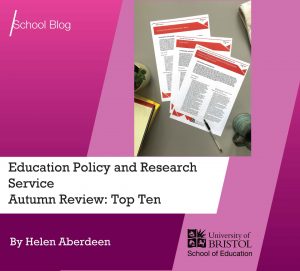 Blog by Helen Aberdeen, Director, Education Policy and Research Service, School of Education, University of Bristol
Blog by Helen Aberdeen, Director, Education Policy and Research Service, School of Education, University of Bristol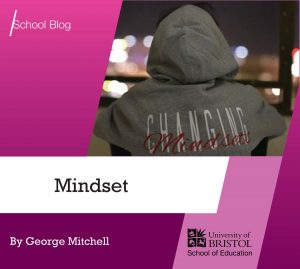 Blog post by George Mitchell, MFL PGCE student; School of Education, and Sport Psychologist
Blog post by George Mitchell, MFL PGCE student; School of Education, and Sport Psychologist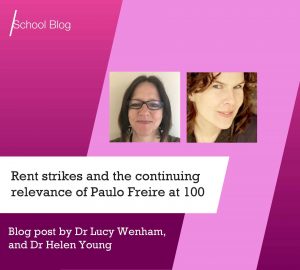 Blog post by
Blog post by 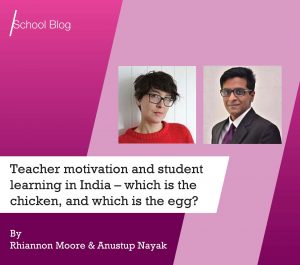 Blog post by Rhiannon Moore (PhD student, School of Education, University of Bristol) and Anustup Nayak, (Project Director for Classroom Instruction and Practice, Central Square Foundation)
Blog post by Rhiannon Moore (PhD student, School of Education, University of Bristol) and Anustup Nayak, (Project Director for Classroom Instruction and Practice, Central Square Foundation)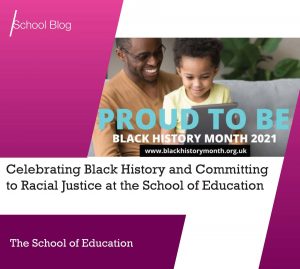 A collaborative blog post from the School of Education
A collaborative blog post from the School of Education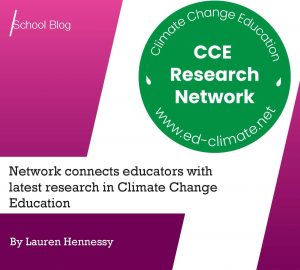 Blog post by
Blog post by  Blog post by
Blog post by 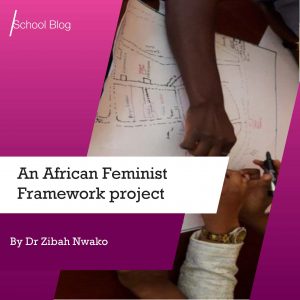 Blog by Dr
Blog by Dr